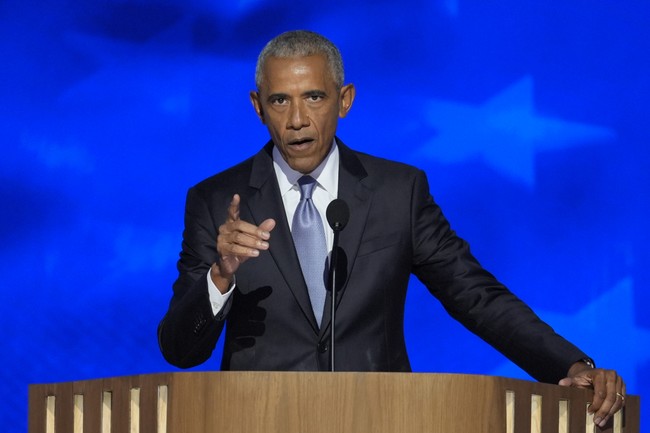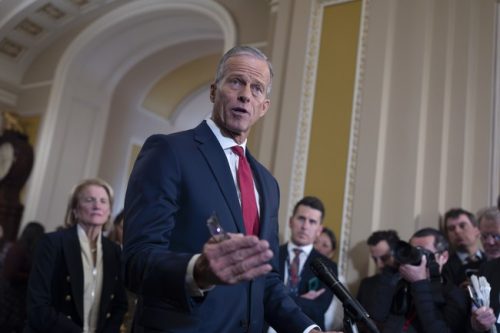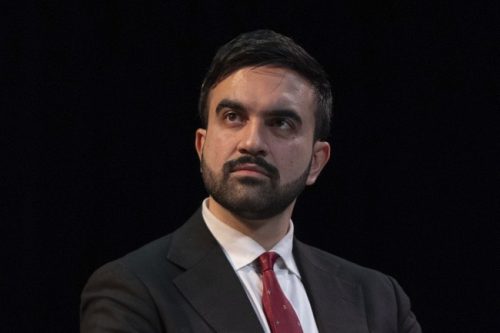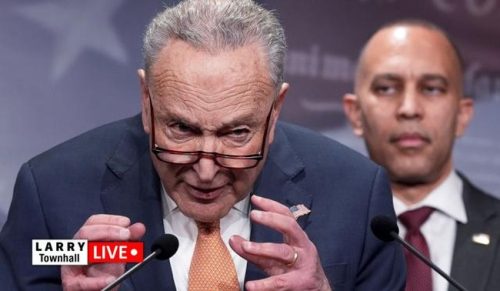Former President Barack Obama’s June remarks about reshaping journalism and regulating social media are not an isolated idea; they fit a broader push to expand government influence over information. This article revisits his language, shows how it matches recent initiatives around global censorship, and explains why conservatives see it as a threat to free speech. The issue is simple: when officials decide which facts count, dissent gets squeezed out and political power grows.
In a June conversation, Obama argued for new approaches to news and platforms and signaled openness to government limits on speech. He said, “Part of what we’re going to have to do is to start experimenting with new forms of journalism and how we use social media in ways that reaffirm facts and separate facts from opinion.” That line reads now as a blueprint for tighter control rather than a neutral tech experiment.
Barack Obama says the quiet part out loud — it’s time to “experiment” with “new forms of journalism” with “government regulatory constraints.”
“Part of what we’re going to have to do is to start experimenting with new forms of journalism and how we use social media in ways that… pic.twitter.com/Rp7TENsqmE
— Vigilant Fox 🦊 (@VigilantFox) October 29, 2025
Obama went further with another pointed line about facts versus opinion, and the role of regulators. “We want diversity of opinion,” Obama added. “We don’t want diversity of facts. That, I think, is one of the big tasks of social media. By the way, it will require some government…regulatory constraints.” Those words make clear he envisions official power to police what counts as factual.
From a Republican perspective, that’s dangerous because it hands subjective editorial choices to people in power who have political priorities. History shows governments who decide facts often silence inconvenient truths and minority viewpoints. This isn’t hypothetical: decisions about content moderation, platform rules, and international censorship initiatives already tilt toward political outcomes.
Critics point out a pattern: global organizations and some U.S. officials push harmonized standards for content that sound like neutral fixes but favor one political coalition. When one side controls the narrative about science, gender, or public health, opposing views can be labeled false or harmful and removed. That risks freezing out legitimate debate on major social questions.
Republicans also stress specific examples where censorship instincts surfaced. Efforts to pressure platforms over election narratives, pandemic origins, and gender policy often led to takedowns and shadow-banning. Those episodes feed a justified fear that regulation will become a tool to silence dissent rather than protect consumers.
Even casual remarks from allies can underline the point. As Joe Biden said, Barack Obama is “articulate” after all. That offhand praise matters because it reminds people how carefully chosen language can steer public perception, and who gets the benefit of the doubt when political enforcement follows.
Attempts to install friendly gatekeepers have already drawn resistance. The failed tech-leaning appointments and the pushback against theatre kid Nina Jankowicz showed public outrage can halt bad moves, but outrage is an unstable defense. Once regulatory systems and international agreements are in place, reversing them will be far harder than blocking a single nominee.
From a conservative view, the core problem is accountability and incentives. Officials who promise to lock down misinformation answer to political leaders, not the readers and listeners who deserve a marketplace of ideas. When the state joins the editors, free speech becomes conditional and adversarial ideas are treated as threats instead of contributions to truth.
That is why many on the right see calls for government-regulated media as part of a larger global censorship crusade rather than a narrow fix for platform problems. Critics argue these plans will normalize one-sided fact-telling and curb the kinds of debate that keep democracies healthy. Meanwhile, opponents fear those pushing censorship will later accuse their critics of being dangerous or extreme.
Expect more fights over who decides truth and how online speech is governed as these proposals move from speeches to policy. The stakes are real: if the government gets the final say on facts, public debate and democratic accountability suffer. Conservatives will keep pressing for transparency, competition, and safeguards that preserve speech rather than hand censorship power to political elites.






